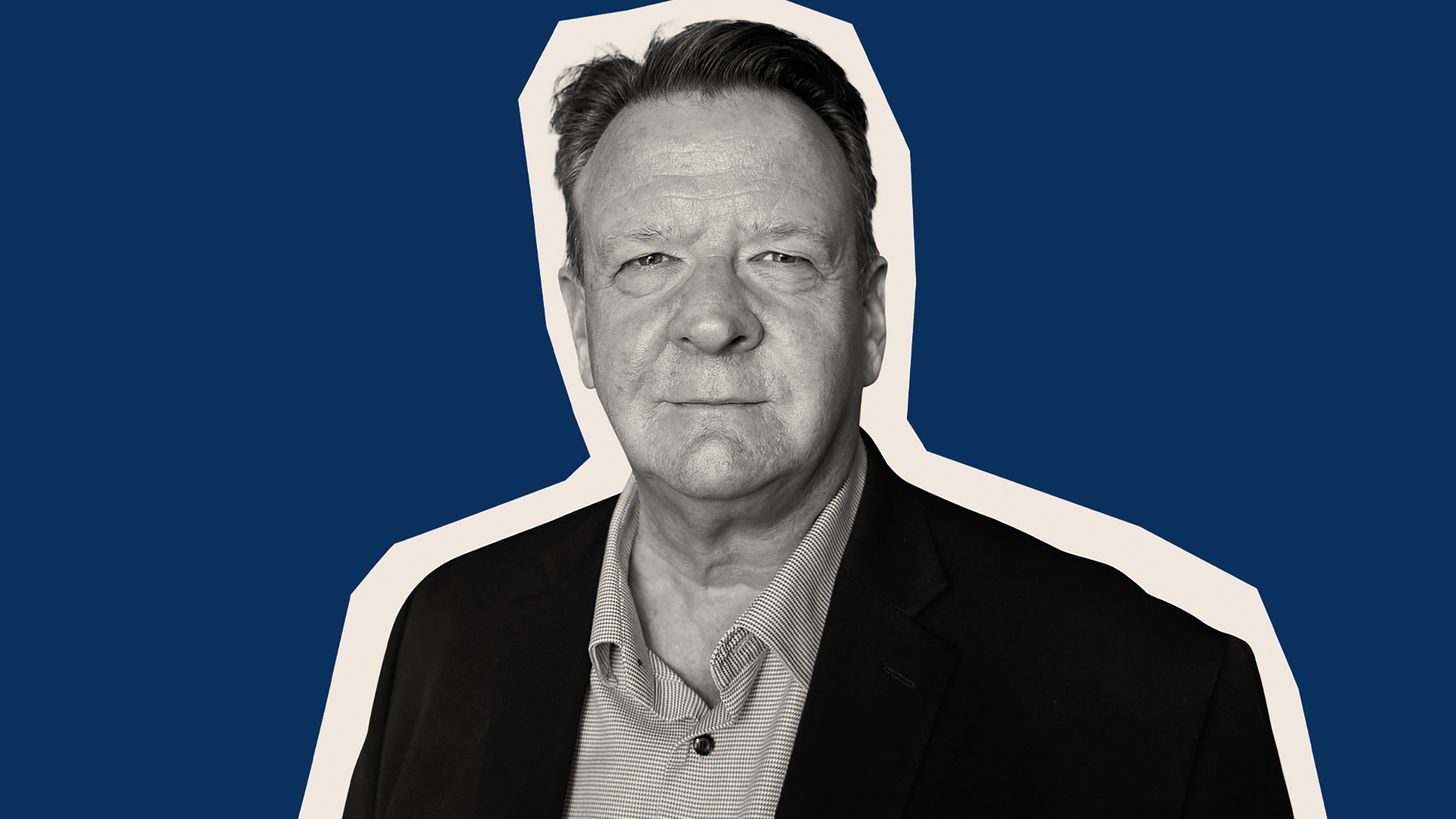What went wrong at the market leaders who suddenly found themselves on the wrong side of history?
Less than 5% of UK CEOs and Founders scale their mid–sized business to greatness. We exist to change that.
Business Leader is a membership community for ambitious CEOs and Founders of mid–sized companies in the UK. Our mission is to double the number of large businesses in the UK by empowering mid–sized CEOs and Founders to scale effectively, unlocking new growth opportunities and shaping the future of UK business and our economy.
If you're serious about scaling with at least £3 million of annual revenue, this is where you'll push through boundaries and gain access to the tools and support you need to grow faster, scale smarter and win.
Explore membershipYou'll be in good company
Connect with the UK's most ambitious CEOs and Founders from top businesses like these.
How we do it – we meet you where you are
You'll join a stage–based forum of other ambitious CEOs and Founders, led by coaches who've helped scale high–growth businesses. You'll build your personalised path using our proven 9-step Growth Blueprint – supported by world–class content and events that deepen your learning, sharpen your thinking and accelerate real progress.
It's everything you need to scale up and go further with the power of peer–to–peer support and a thriving community around you.

Join a peer group
Connect with similar CEOs and Founders and exchange insights in a trusted, collaborative environment.

Build a growthprint
Unlock potential with your guide to driving innovation and achieving success.

Get expert coaching
Elevate performance with personalised guidance from industry leaders.

Scale better, faster
Graduate to the next growth stage and find new success for your business.
Meet the Great British Billion-Pound Businesses
Discover bold ambition and UK-scale impact with our ranking of the founders who have built £1bn+ ventures across tech, retail, energy and beyond. From Nik Storonsky at Revolut to Richard Branson at Virgin and Denise Coates at Bet365, their journeys from a single idea to industry-leading brands prove that with hunger, focus and resilience, exceptional growth is possible.
Explore the rankingInsights from the UK's leading business minds
Stay ahead with the latest strategies, trends and insights from the UK's top CEOs, Founders and business experts. From exclusive interviews to expert analysis, our editorial content brings you the knowledge you need to scale your business with confidence.
Hand–picked for you

After setbacks that could have ended her career, Naomi Schiff built success by embracing risk and adapting under pressure

OpenAI’s solution engineering lead explains how to make AI work for your business – and what it is doing to improve privacy and security

Discover how the first 100 days, the 80/20 principle and four timeless rules can reset your business for growth

Mastering emotional intelligence can help you make better decisions, navigate conflict and build a workplace people want to be part of

‘Never here Keir’ and a chancellor now seen as a political liability face a tough sell as a brutal fiscal reality looms over the next Budget

Steve Brass explains how he promotes psychological safety at work to foster innovation

Taking a proactive approach to a future sale can help boost value, avoid costly mistakes and prepare you personally for the transition
Trusted by ambitious business leaders
Julia Langkraehr
Expert EOS ImplementerAndrew Moses
Managing Director, The Config TeamRichard North
President, WoW! Stuff
Ready to accelerate?
If you're serious about scaling your business, you need to be here.
Explore membership










